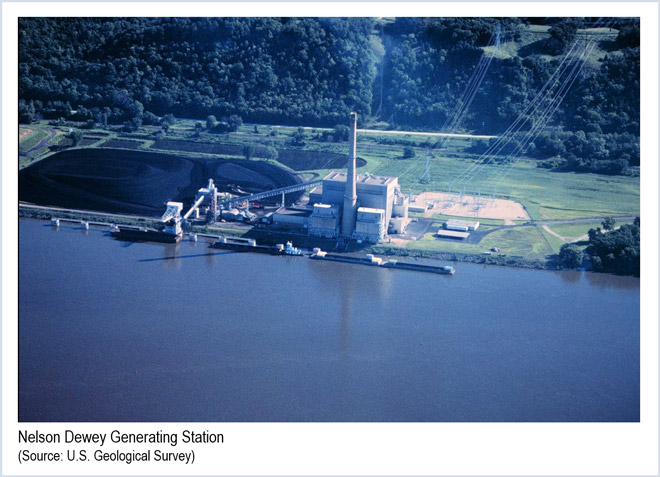By Rich Heidorn Jr.

MISO’s Tariff change applies to generation operating during the Planning Resource Auction offer window that will retire or suspend operations between the March 31 end of the window and the end of the 2015-2016 planning year on May 31, 2016.
The change will allow generators the option of not making offers into the PRA without facing liability for physical withholding. It will apply only to the 2015-2016 planning year and only to generators for which MISO has determined a system support reliability agreement is not necessary. (See MISO Seeks to Ease Coal Retirement Conundrum.)
Last year, several generators complained to FERC that there was no clear mechanism within the MISO Tariff that would permit them to buy replacement capacity through the auction to cover the six-and-a-half-week period between the planned retirement of the coal units and the end of MISO’s planning year.
In its March 24 ruling, the commission called MISO’s proposal “a reasonable solution for resources that cannot offer a full-year capacity product” in the upcoming auction and that it had demonstrated that it will not harm reliability (ER15-918).
The commission rejected Indianapolis Power and Light’s argument that the changes could effectively move up the retirement date of units scheduled to retire during the 2015-2016 planning year.
“Market participants with units affected by the proposed Tariff language have already submitted proposed retirement or suspension dates in their respective Attachment Y notifications,” the commission said. “There is no evidence in the record that these market participants will accelerate their respective retirement dates, nor do we see an incentive to do so if they are still participating in the daily energy and ancillary service markets.”
The order also dismissed requests by the Wisconsin Public Service Commission and the Illinois Commerce Commission that the change be rejected because it could cause capacity prices to increase or provide an incentive to exercise market power.
“We note that auction prices would likely increase even in the absence of MISO’s proposal, as the market participants owning these partial-year resources would have to obtain other resources for the remainder of the year — and factor the costs of the replacement resource into their offers,” the commission said. “Inasmuch as the Illinois Commission has not demonstrated how resources not offered into the auction under MISO’s proposal would result in significantly higher revenues than would occur if they offered their capacity including higher cost replacement capacity, we find no basis for its claim that the MISO proposal incentivizes generators to exercise market power.”
Resources that do not offer into the 2015-2016 PRA, but continue to participate in MISO’s energy and ancillary services markets during the portion of the year that they remain in service, will remain subject to MISO mitigation rules, the commission added.
In a related order, the commission rejected Wisconsin Power and Light’s request for a waiver of MISO’s must-offer requirement over its retirement of its 200-MW Nelson Dewey coal-fired units in southwestern Wisconsin (ER15-872). The units must retire by Dec. 31 under the terms of a 2013 consent decree with the Environmental Protection Agency and the Sierra Club.
The commission said its approval of the MISO Tariff changes “provide Wisconsin Power relief from the misalignment between [its] … retirement deadline and the timeline of the 2015-2016 planning year.”



